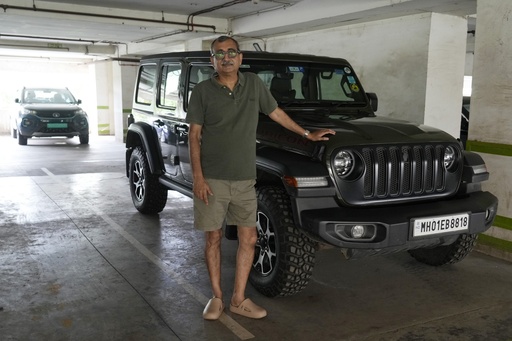In April 2016, Vishal Gondal eagerly preordered the Tesla Model 3 after an invitation from Elon Musk. As the founder of GOQii, a health-tech startup in Mumbai, India, Gondal paid a $1,000 deposit, but the car never materialized. Tesla’s delay in entering the Indian market led Gondal to eventually retrieve his deposit in January 2023 after deciding to purchase an electric SUV from Audi instead.
Despite Tesla’s initial promise to sell cars in India eight years ago, the company faced challenges related to taxes and establishing a local factory. While Tesla hesitated, other automakers introduced their own electric vehicles in India. In response to the evolving EV market, India reduced import duties in March 2024 for EVs priced below $35,000, as long as the manufacturer committed to building a local factory within three years.
Although Tesla’s global sales have slowed and its new Cybertruck lacks appeal outside the U.S., the company faces pressure to introduce more affordable models for emerging markets like India. With the dominance of Chinese EV manufacturers like BYD in markets such as China, Tesla’s competitive position has been challenged.
India’s auto market, led by Maruti Suzuki and followed by Hyundai Motors and Tata Motors, witnessed a doubling of electric vehicle sales in 2023. Tata Motors held the majority share in the EV market, with other players like Mahindra & Mahindra and BYD gaining traction. Tesla’s potential entry into India would require addressing challenges such as pricing, dealership networks, and charging infrastructure.
To appeal to Indian customers and compete with established luxury automakers, Tesla would need to provide a premium buying experience that includes dealerships and service networks. Additionally, the company would have to invest in establishing a robust charging network in India due to the limited existing EV infrastructure. Tesla’s affordable car, expected to cost around $25,000, is scheduled for delivery in the first half of 2025, but the specifics of the company’s plans for India remain uncertain.
Amid uncertainties regarding Tesla’s future in India, industry experts emphasize the importance of strategic decision-making to navigate the complexities of the Indian auto market and meet the evolving demands of consumers and regulations in the country.
